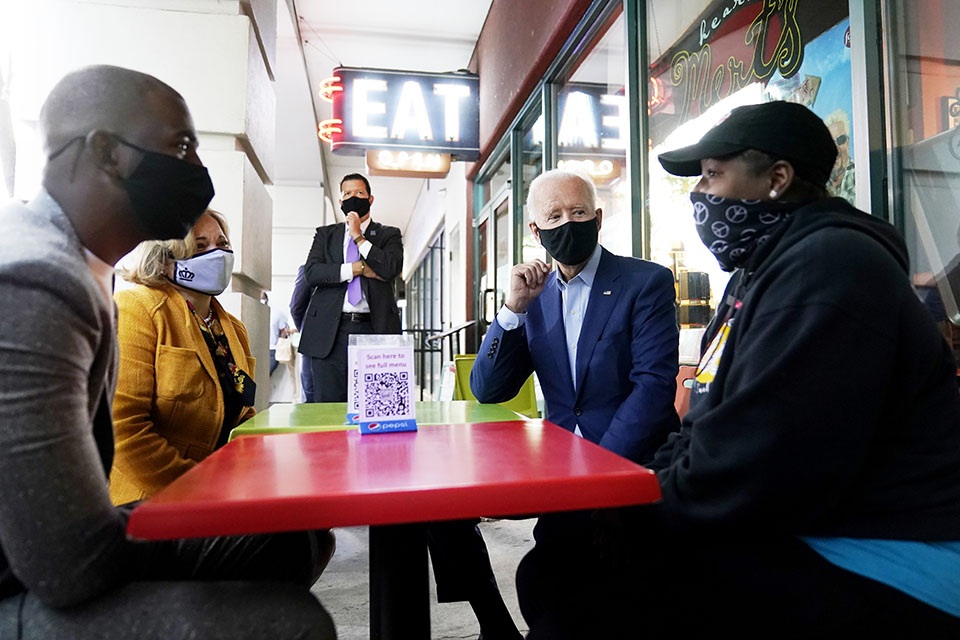Blog Published June 3, 2021 · 3 minute read
Build the MBDA Back Better
Meco Shoulders

We are failing Black and Brown entrepreneurs and minority-owned small businesses. While the COVID pandemic shuttered small businesses across the country, Black-owned businesses closed at double the rate of others.1 For those able to hang on, minority-owned businesses faced a steeper decline in cash balances.2 And federal assistance, while well-intentioned, too often failed to reach those who needed it most.
COVID might have been a once-in-a-generation event, but it only exacerbated long-standing issues facing minority-owned businesses. Black and Hispanic business owners have long faced issues with lenders and more often have to deal with longer wait times for communication, higher interest rates, and onerous repayment terms.3 Black entrepreneurs receive less information about opportunities and networks.4 Most government contracts go to white-owned businesses rather than those that are minority-owned.5
This must change. As policymakers consider structural changes for our economy in a post-COVID era, the United States must do far more to support minority-owned and women-owned businesses. That’s why it’s good to see a recent effort from Senator Ben Cardin (D-MD), Chairman of the Senate Committee on Small Business & Entrepreneurship, who introduced the Minority Business Resiliency Act.6 This bill does three important things:
First, the bill reauthorizes and enhances the Minority Business Development Agency (MBDA). The MBDA was first established in 1969 and is the only federal agency focused on the “growth and global competitiveness of minority businesses.”7 The agency has been a beacon for connecting minority-owned businesses to the items needed to thrive—capital, contracts, and markets. And after 52 years, this bill would finally make the MBDA a permanent part of the Commerce Department. In addition, the proposal creates a presidentially-appointed assistant secretary position to run MBDA and have enhanced administrative and grant-making powers.
Second, the bill expands business development centers to more minority-populated communities. Mentorship is a leading factor in business performance which is why it is a significant component of the MBDA’s Business Centers. These centers offer guidance for minority businesses to scale—from finding new markets to competing for additional capital. However, only 36 business and specialty centers exist under its current framework, and very few are outside of the largest cities. The bill will place centers in all regions throughout the country, including suburban and rural areas, to eliminate existing barriers between minorities and federal resources.
Finally, the Cardin bill works with Historically Black Colleges and Universities (HBCUs) and nonprofit organizations to expand the pool of entrepreneurial talent. Grants will be extended to HBCUs to establish and expand entrepreneurship curricula. In addition, more in-depth training will be extended to minority business owners from accredited collegiate institutions and industry leaders. Nonprofits that serve minority businesses will receive grants as well. Timely audits will be administered to ensure that these grants are being well utilized.
The Minority Business Resiliency Act of 2021 aligns in many ways with President Biden’s Build Back Better campaign—it expands diversity & inclusion for marketplace opportunities and propels entrepreneurial equity. Its passage would result in more Black and Brown entrepreneurs having substantial networks and resources in various industries. As conversations move forward in Congress on how to spur job creation and help promote racial justice, efforts like the Minority Business Resiliency Act of 2021 need to be at the forefront.
